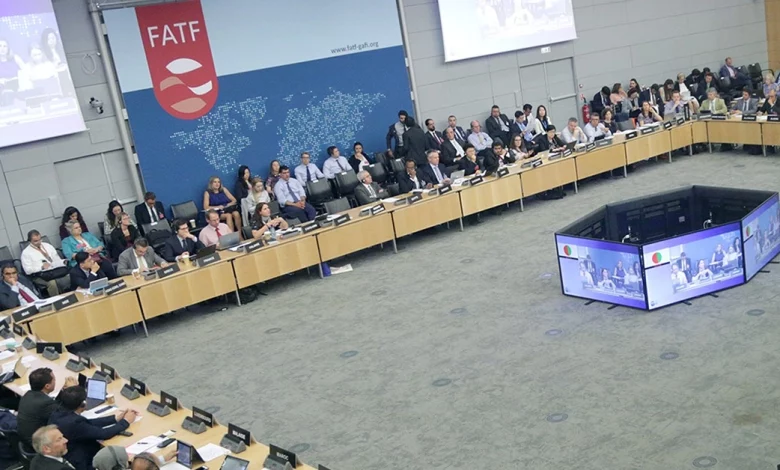Daily Current Affairs for UPSC
Financial Action Task Force (FATF)
Subject: International Relation[GS Paper-2]

Context: According to the FATF, violent extremist organisations in India have been able to gather funds through organised networks.
Key findings:
- The FATF report on terrorism financing through crowdfunding highlights an Indian extremist group that uses organised networks for raising funds. They employ various methods, including both online and offline means such as sharing QR codes and account information.
- The report hints that the Popular Front of India is collecting money at mosques and other public locations, although it does not mention them directly.
- The money collected was used to buy weapons, ammunition, and provide training for the group.
- The investigations were difficult because the accounts included both domestic and international transactions.
- Eight individuals in leadership positions have been arrested on charges of terrorist financing, and efforts are being made to seize assets worth Rs 3.5 crore.
- The FATF is concerned about terrorists using crowdfunding platforms to raise funds and highlights the various methods they employ for this purpose.
- The global market for crowdfunding is worth billions, and although the majority of crowdfunding activities are legitimate, terrorist groups such as ISIL and Al-Qaeda have taken advantage of it.
- The FATF is urging for uniform regulations on money laundering and terrorist financing, as well as thorough evaluations of the risks associated with crowdfunding.
Details about FATF:
- The FATF was created in 1989 at the G7 Summit in Paris as an international organisation involving multiple governments.
- The FATF aims to establish guidelines and encourage the successful enforcement of laws, regulations, and operational actions to combat money laundering, terrorist financing, and other risks to the global financial system’s integrity.
- The Secretariat of this organisation is based in Paris at the headquarters of the OECD.
- The FATF has 39 member countries, including major nations like the United States, India, China, Saudi Arabia, Britain, Germany, France, and the European Union.
- In 2010, India joined the FATF as a member.
- The FATF Plenary is the governing body of the FATF and convenes three times annually.
- FATF is divided into two lists, including grey list and black list.
Grey List:
- The grey list, also known as “Jurisdictions under Increased Monitoring,” is a list of countries that are suspected of providing support for terrorist financing and money laundering. Being placed on this list serves as a warning to the country that it may eventually be moved to the blacklist.
Black List:
- The blacklist, also known as the High-Risk Jurisdictions subject to a Call for Action, includes countries that support terrorism funding and money laundering. The list, maintained by the FATF, is regularly updated with new entries or removals. Currently, North Korea, Iran, and Myanmar are among the countries on the blacklist.
- Being on the FATF blacklist results in a lack of financial aid from major international organisations such as the IMF, World Bank, ADB, and EU. Additionally, countries on the blacklist have to deal with various economic and financial constraints and penalties at an international level.
Source: IE





.png)



